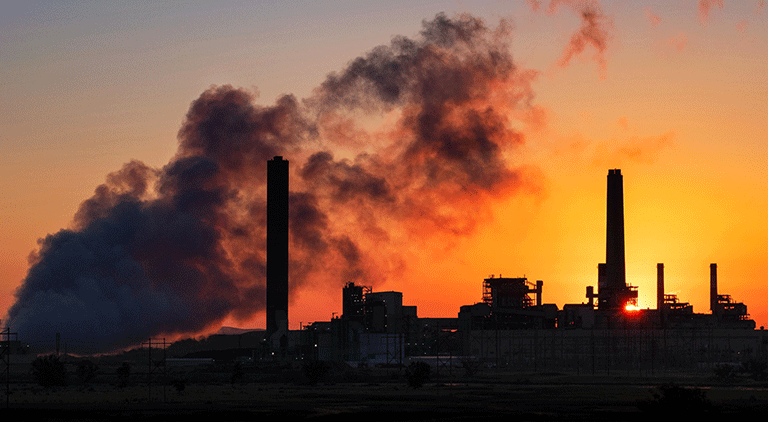Energy Asia 2023, CEO round table discusses carbon capture storage and sequestration
By EPR Magazine Editorial May 24, 2023 3:10 pm IST
By EPR Magazine Editorial May 24, 2023 3:10 pm IST

At the CEO round table at the Future Energy Asia (FEA) 2023, sponsored by the Asia Natural Gas and Energy Association, Pradip Kumar Das, Chairman & Managing Director, Indian Renewable Energy Development Agency Ltd. (IREDA), emphasised the need for avoided carbon emissions through reduced generation and utilisation of power from conventional sources.
Das emphasised that IREDA has been a significant factor in India’s tremendous advancement in the Renewable Energy (RE) industry, which has outpaced the global average growth rate. He added that despite having the largest population in the world, India has substantially lower per capita energy consumption and carbon emission intensity than the global average and other developed nations.
The Government of India has already announced targets, programmes, and policies for emission reductions by 2030, even though India has already achieved its earlier targets of 40 percent share of electricity generation from non-fossil fuel sources far ahead of schedule.
India has made a commitment to reduce its GDP’s emissions intensity by 45 percent from 2005 levels by 2030 and to generate nearly half of all installed electric power capacity from non-fossil fuel sources by year 2030.
While India has been actively discussing RE transactions with other Asian countries like Bhutan, Nepal, Myanmar, and Bangladesh, including signing of several MoUs to advance RE growth and optimal utilisation of available resources and energy consumption, the International Solar Alliance (ISA) aims to mobilise efforts against climate change through the optimal and planned deployment of solar energy solutions.India’s installed capacity for non-fossil fuels has grown by 396 percent over the past 8.5 years, while installed solar energy capacity has grown by 24.4 times over the past 9 years. In accordance with the Prime Minister of India’s One Sun One World One Grid initiative, coordinated and comprehensive efforts are urgently needed at all points throughout the whole value chain to guarantee the best execution and application of Carbon capture, storage, and sequestration (CCSS) at the global levels.
Senior officials from the Thai Ministry of Energy as well as CEOs and heads of several international organisations associated with the energy sector attended the round table. The discussions included financing the financial and operational difficulties that the CCUS projects faced, particularly the high prices of carbon capture.
We use cookies to personalize your experience. By continuing to visit this website you agree to our Terms & Conditions, Privacy Policy and Cookie Policy.